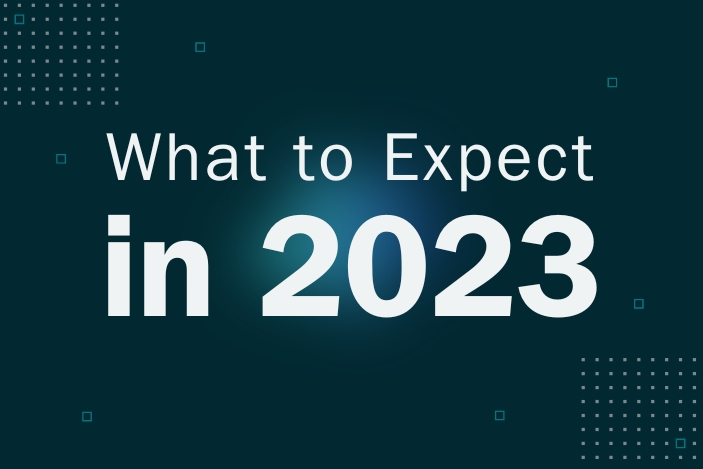Q: John, what can those coming to the Lab’s hill site expect for parking in 2023?
A: Currently, we have about 1,700 spaces for personal vehicles at the hill site, but that is going to change in 2023 as construction projects get underway. We will lose a combined 125 spaces between the Centennial Bridge replacement project and the Welcome Center project. I expect we will be down to about 1.500 spaces by the end of the calendar year.
Q: How is the Lab addressing the challenge of a declining number of parking spaces in 2023?
A: Right now, we don’t have a gap. We can absorb the loss of these parking spaces in the first half of the year. We also anticipate more people coming on site, which will increase the speed of filling the gap, so it is something we are addressing.
Q: How are you addressing the gap that will occur later in the year?
A: Lab leadership set up a parking policy modernization working group in the fall of last year. Our task is to review the parking policy with respect to permit eligibility and premium parking permits, which have not been reviewed in many years, to see if the current policy mirrors the Lab’s values of diversity and inclusion. We are not looking at charging for parking, I want to make that clear. Our goal is to present a revised policy that is equitable and still gets people where they need to be.
In a way, the pandemic provided an opportunity for this review. In the past few years, the way we work has changed, and the way we park and who can park needs to be reviewed as well. We need to have a policy that is reflective of our community values and our needs.
Q: What type of feedback did you receive from the Lab-wide survey in the fall?
A: We received over 1,400 responses. We really appreciate all the feedback and interest that we’ve already received on this subject. We know this is a very personal topic for many people since the availability of parking can set the tone for your entire day. We know this seems like we are taking time to do this, but we want to get it right. Our task is to design a parking policy that reflects 2023, and not the 1980s and 1990s. The focus is on permit eligibility and permit type. Charging for parking is not under discussion.
Q: What are some things the committee is doing to make sure multiple voices are heard?
A: We are starting in January with focus groups. Now we will talk with individuals to hear more based on topics that came up in the survey. We will use the Lab-wide survey and the focus groups to draft a policy to share with Lab leadership. Then there will be time for feedback once again. When the policy is approved, we move to implementation in the summer and fall.
Q: Will a change in the policy create more parking spaces?
A: We cannot create space where it doesn’t exist, but policy changes could offer more creative use of the existing space. For example, we might have limited time parking in some spaces ensuring some spaces come free during the day, giving those who need to come in later in the day a chance at snagging a space.
Q: Are you going to continue to extend the off-hours parking during 2023?
A: We still have an excess capacity of 400 to 500 spaces on an average day, so we feel comfortable allowing anyone with a Lab badge to park in a blue triangle or a general space. That may change as construction and our on-site population ramps up, so we will continue it a month at a time.

2 Comments
Have the focus groups already been determined? How were they selected?
Thanks for your question. Focus groups were determined by multiple factors, including: demographic under-representation in survey responses, demographic differences in survey responses, and themes that emerged in the qualitative survey responses. Note that demographics include: ethnicity, gender, job class, Lab area, work mode, and years of service.